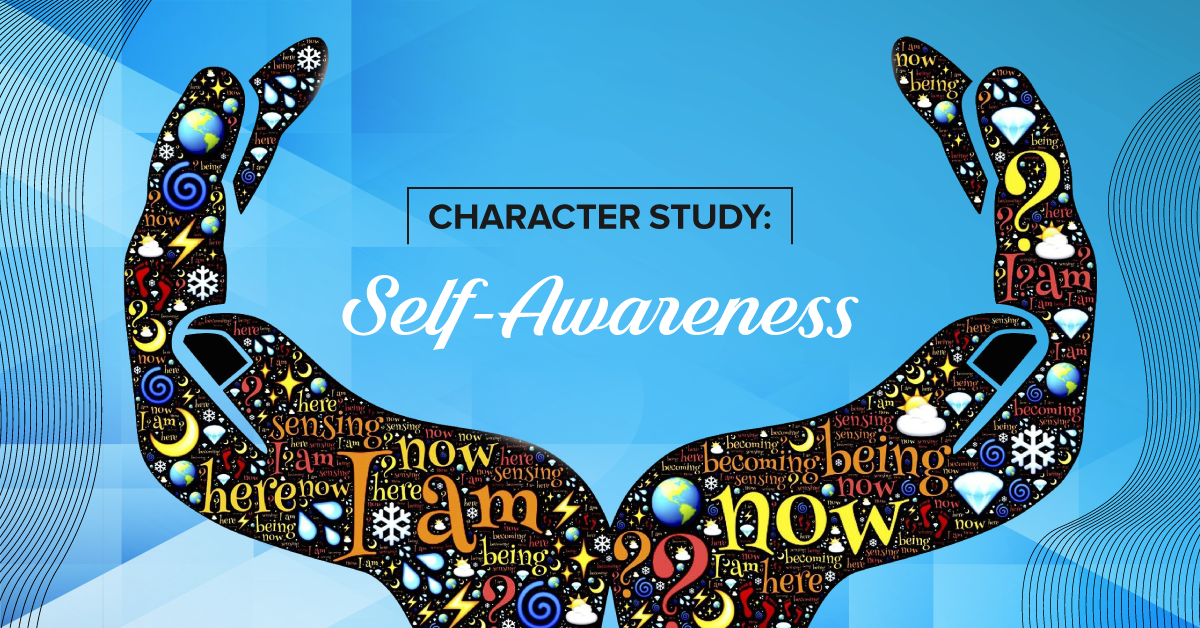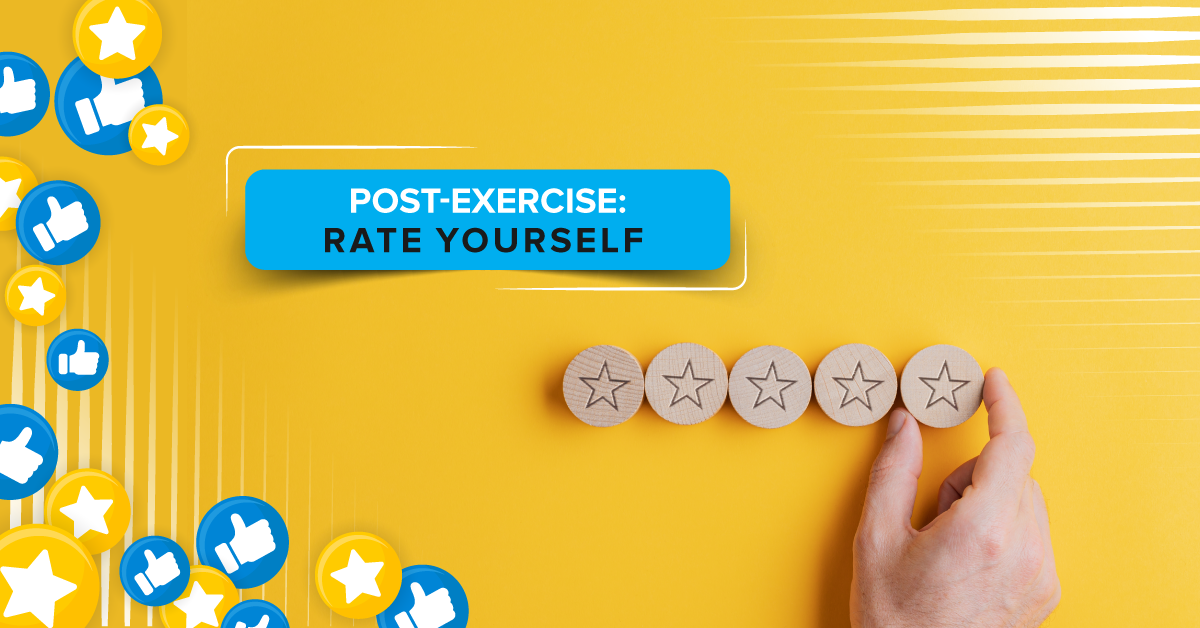Character Study: Self-Awareness
The following exercise helps students learn self-awareness (which is one of the categories of social and emotional learning) and apply it by analyzing characters in a play that they are currently studying. Seeing fictional character examples will help students gain a deeper understanding of the concept of self-awareness.
This exercise can be done as a class, individually, in partners, or in small groups. It can be done in person, virtually via distance learning, or as a written homework assignment.
1. Introduction: What does it mean to be self-aware? What traits does a person who is self-aware possess? As a group, have students suggest various attitudes or characteristics that people who are self-aware display. These might include:
- Identifying the emotions you’re feeling
- Understanding the emotions you’re feeling and the thoughts you’re thinking
- Understanding the connection between your thoughts, feelings, and behaviours
- Having a realistic perception of yourself
- Knowing your strengths and weaknesses
- Knowing your limits
- Having self-worth
- Demonstrating a growth mindset and willingness to learn
- Being able to reflect on your experiences and identify what you’ve learned
- Believing that you’re capable of doing what it takes to achieve a goal
- Recognizing your own coping mechanisms
- Defining your own beliefs without being influenced by others
Optional discussion: Do you or someone you know have these traits? How does self-awareness affect you in your everyday life? How can you improve your own self-awareness? Give examples.
2. Using a play your class is currently studying, have students identify one character who displays self-awareness. Give proof from the text. Answer the following: How does this character’s self-awareness benefit them?
If students are having trouble finding a character that is self-aware, remind them that it’s a rare person who is fully self-aware all the time. Look for moments of self-awareness in the character to start.
3. Next, have students identify one character that lacks self-awareness. Give proof from the text. Answer the following: How does this character’s lack of self-awareness hinder or harm them?
4. Bonus Question: Are there any instances in which a character’s self-awareness hinders or harms them, or a character’s lack of self-awareness benefits them? Give proof from the text.
5. Students will complete and submit a final reflection (click below).



